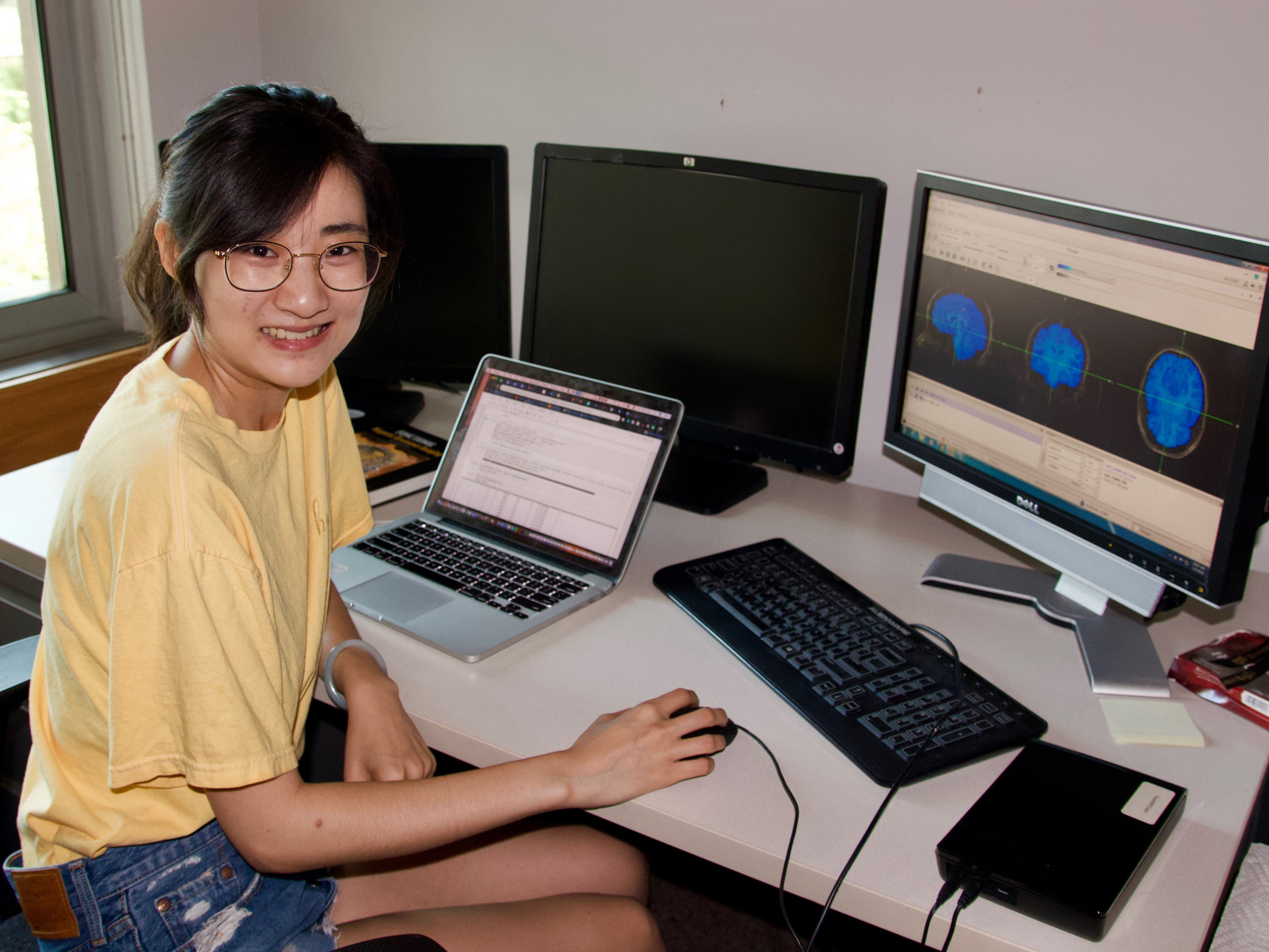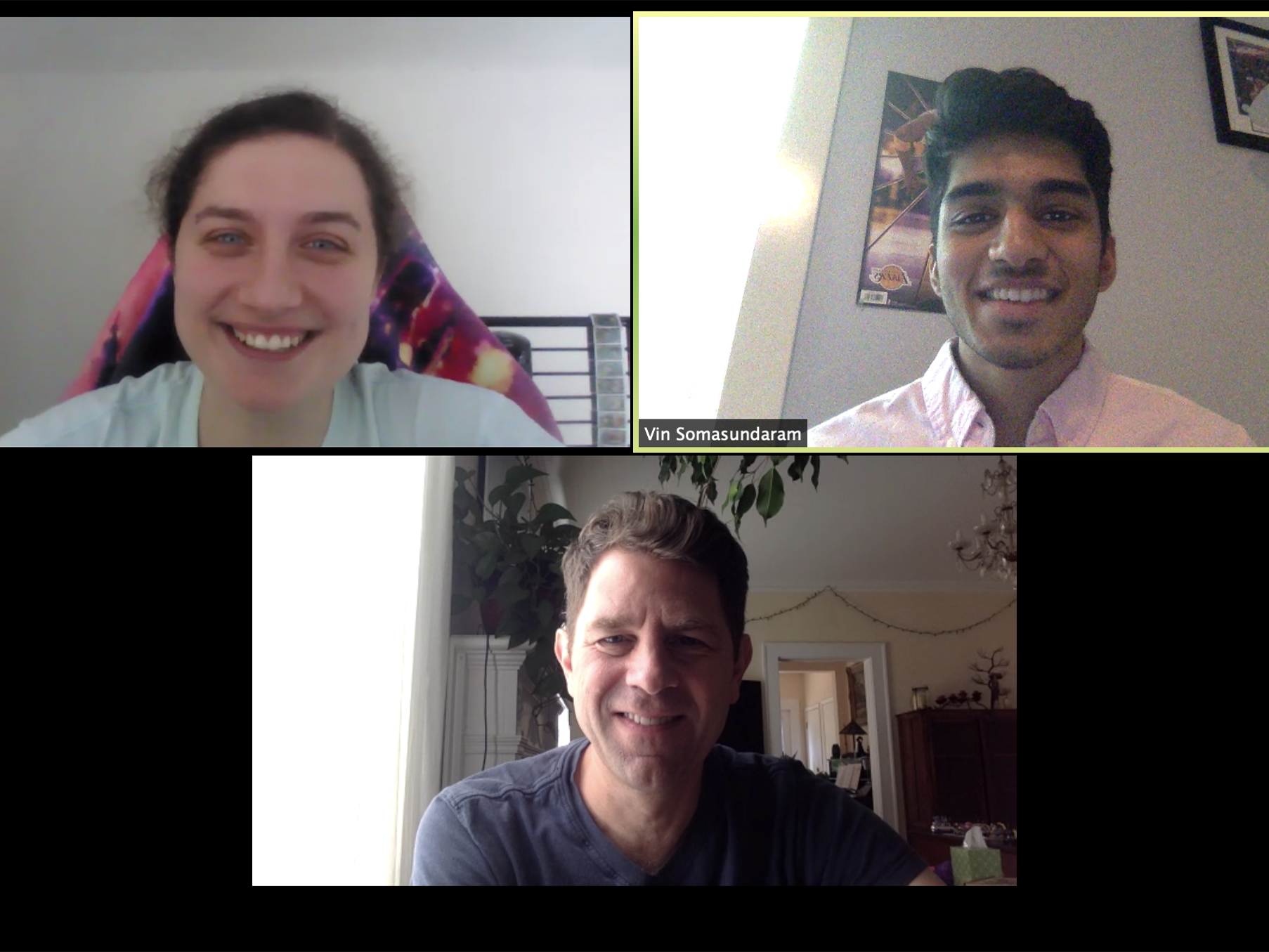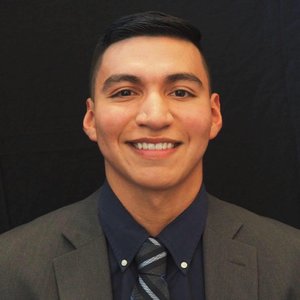- In 2019, I attended the Mentorship Workshop series hosted by DIBS (see 2020 Professional Development Grant description).
- In 2018, I served as a mentor to first-year graduate students for the Duke Psychology & Neuroscience Department (program now extinct).
- In 2017, I organized an undergraduate-graduate student mentorship program for the Duke Women in Science and Engineering group. This involved emailing interest surveys to both undergraduate (45 responses) and graduate (67 responses) students of various STEM departments. The WiSE leaders and I then matched survey respondents together based on their responses.
- One major hurdle was minimal funding for the program.
- In retrospect, I should have also built this program in a more sustainable way. After the semester had passed, I tried getting in touch with one of the leaders about continuing, but my emails went unanswered and the program died out.
- In 2017, I was also selected for the graduate/undergaduate mentoring program at the Duke Women's Center, but was ultimately not matched to a specific undergraduate student (program now extinct).
You can view my mentoring philosophy here.
I won the 2020 Dean's Award for Excellence in Mentoring for my work with my RAs and other graduate students (e.g., see teaching demos).
 |
|
 |
|
 |
|
 |
|
- As the lab manager in the Learning & Decision-making lab at Rutgers-Newark (2014-2016), I was the point person for new research assistants. This meant giving students a lab tour, getting them fingerprint access to our lab, having them do CITI/ethics training, and adding them to our IRBs. I created a guide for these items and other ideas for research activities, depending on long-term goals (e.g., E-prime tutorial if they wanted to develop a study or understand how one is programmed).
- It was not until my last semester (spring 2016) that I realized I too could mentor RAs.
- Mihika was a sophomore at Rutgers University, New Brunswick, so she commuted to lab when she could, which was not often. Her primary goal was to gain research experience. I included her on the project Jess was running for lab.
- If I could go back in time, given the commute, I would now try to design more of an online learning experience for Mihika.
- Jess, a sophomore, was interested in pursuing a PhD in neuropsychology, counseling psychology, or clinical psychology. This interest was a little more clinical than our standard lab research, so while doing a literature review and helping run projects in lab, Jess and I talked more about whether Dr. Tricomi's lab was a good research fit and ways we could try to match Jess's interests.
- Jess is now pursuing a PhD in Counseling Psychology at Purdue University.
 |
|